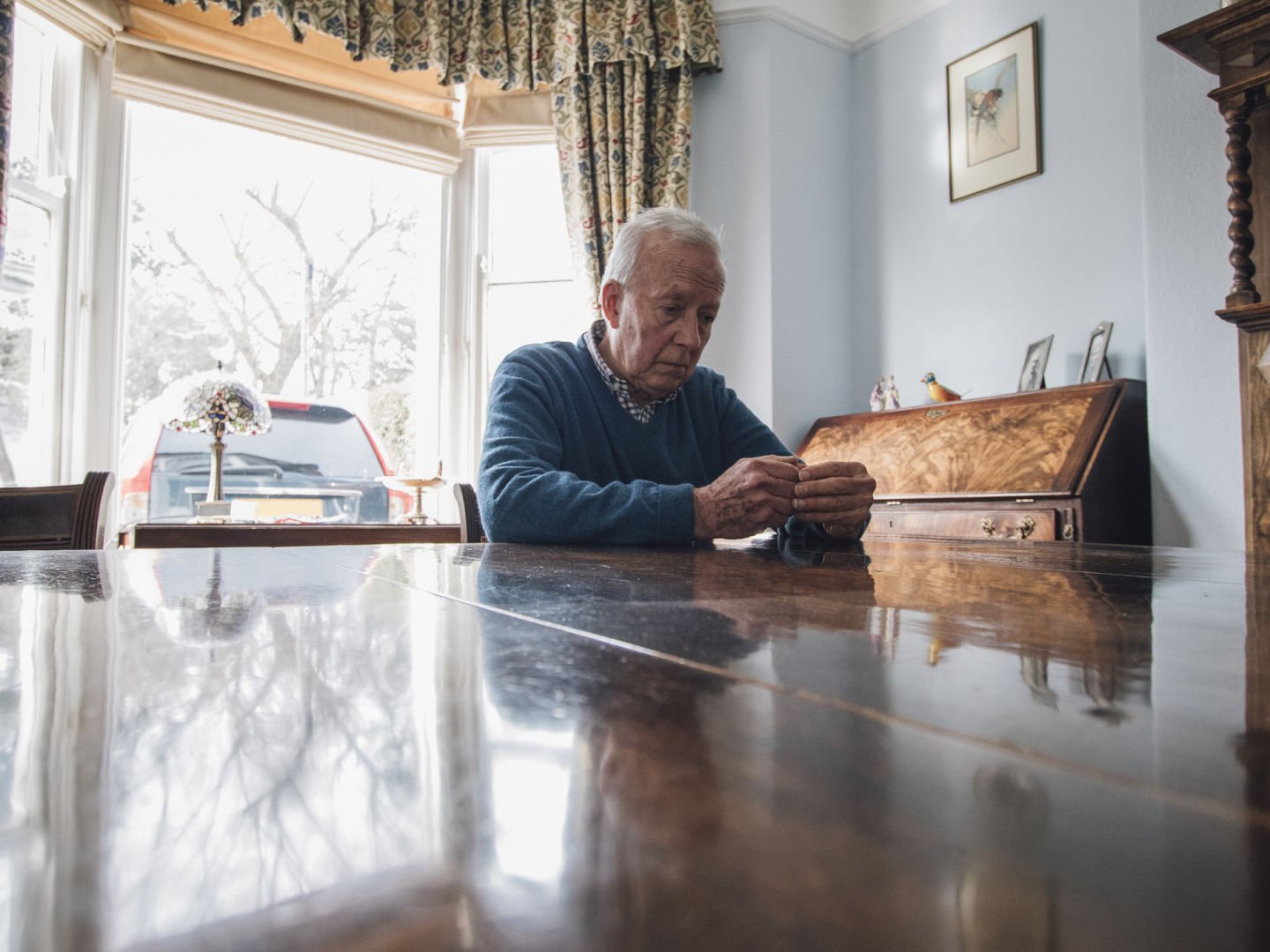Help available for those at risk of financial abuse
The following article is content from our partner Caxton Legal Centre. It does not constitute legal advice, and if you have a specific legal problem, you should consult a professional legal advisor. Names and identifying details have been changed in the case study below.
Sponsored Story

John was sympathetic to his son, David, and daughter-in-law, Sarah, who had experienced money trouble in the past yet wanted to purchase a property to live in.
John agreed to act as a guarantor for them, signing bank documents which made him responsible should they default on their loan.
David and Sarah separated 4 years later. They sold the home for less money than the amount owing on their mortgage. Responsibility then fell to John to cover the amount remaining on the loan. He sold his home in order to raise the $81,000 needed to repay the bank.
David made a verbal commitment to repay his father in installments of $250 each week.
When David started a new romantic relationship, he stopped making the repayments and cut off contact with his father.
John became distressed and sought help from Caxton Legal Centre’s Seniors Legal and Support Service (SLASS).
The SLASS lawyer helped John write to his son, demanding his money be repaid. The letter was ignored. Caxton Legal Centre’s stakeholder network helped John apply for a pro bono (free) lawyer.
Older people have the right to make financial decisions that suit them, including how to deal with money and assets, and how to manage that for the family’s benefit if they wish to.
Problems may arise when:
- the older person becomes vulnerable due to frailty, poor health, dependency for care, loneliness and isolation, or loss of a partner.
- a family member has personal hardships such as mental health issues, a relationship breakdown, unemployment or addictions.
- other family members treat the older person's assets as if they belong to all members of the family.
- individuals have not obtained their own legal or financial advice before making key financial decisions.
- there is no signed written agreement, just verbal promises.
Where an older person is experiencing financial stress or family pressures which are keeping them awake at night, they should talk to their doctor about it and ask for a referral to a counsellor.
Community legal centres provide free legal advice and social work help for older people in many different legal situations as well.
According to the Australian Banking Association, 6 in 10 Australians are worried that someone they know will be the victim of elder financial abuse and 87% of Australians want governments to do more to stop it.
The organisation has outlined some steps you can take to protect yourself.







